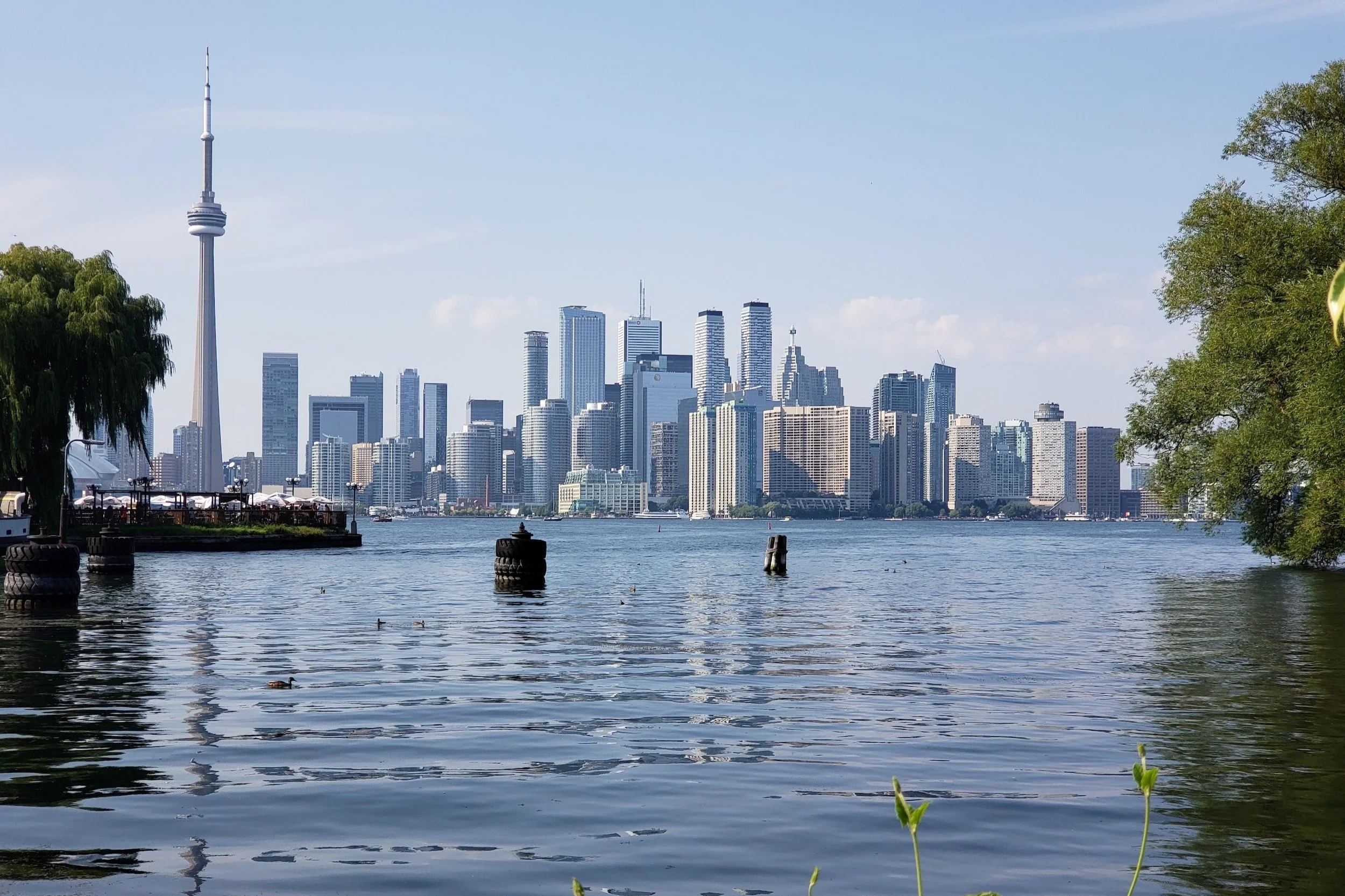Egg freezing is gaining rapid popularity and becoming more accessible in Japan due to government and employer subsidies. Following census data showing that the population has fallen by 1 million people in the last 5 years, the Japanese government has made large strides to financially encourage women to freeze their eggs and to have children at a later age within their reproductive years. Starting in 2023, the government aimed to combat declining birth rates, by providing 300,000 yen (roughly $2,200) per person to as many as 300 Tokyo residents for use towards egg freezing. These funds come from an overall 100 million yen (roughly $733,000) budget to fight the falling birth rate. Women between the ages of 18 and 39 are eligible to receive this subsidy and there is no deadline to the application.
Starting in 2026, the Japanese Children and Families Agency is introducing another subsidy program that will provide up to ¥200,000 (approximately $1400) per cycle for women who want to freeze their eggs. Women who are aged 39 and under can receive subsidies for up to six cycles and women between the ages of 40 and 42 can receive subsidies for up to three cycles. The agency has outlined a program budget of ¥1 billion (approximately $6.8 million) for the 2026 fiscal year.
According to a survey of 87 Japanese clinics and hospitals, about 8.4% of people used frozen eggs to give birth. While the egg freezing environment is becoming more welcoming for Japanese citizens, it is important to note that it may be challenging for non-Japanese residents to freeze their eggs in Japan. Some clinics currently lack foreign language translators, do not have disseminable information in English, and may upcharge foreign patients up to 50% more of the cost of the treatment.
Total Cost of Egg Freezing in Japan: $4,000 - $6,000 USD
Single Cycle: $3,500 - $5,000 USD
Medications: $600 - $1,000 USD
Annual Storage: $200 - $500 USD
Prevalence of Egg Freezing in Japan:
In 2020, 757 cycles of egg freezing were completed in Japan.
Popular Egg Freezing Clinics in Japan:
Grace Sugiyama Clinic - Tokyo
Oak Clinic - Tokyo
* Hara Medical Clinic - Tokyo
*This clinic does not provide services to non-Japanese patients as they do not have English language capabilities at this time.
For Citizens:
Both companies and local governments are increasingly providing subsidies and support to employees and citizens to assist with egg freezing expenses.
Urayasu, a city about 9 miles east of Tokyo, is providing 90 million yen (roughly $619,000) of funding for egg freezing for women between the ages of 25-34. These funds will also go towards a research project at Juntendo University Urayasu Hospital regarding fertility preservation. With this grant, women would be left paying only about 20% of the cost.
The Tokyo government allocated 100 million yen ($733,000) to cover costs related to egg freezing. Under the policy, the Tokyo government will provide up to 300,000 yen per person to about 200-300 residents a year, regardless of marriage status.
The metropolitan Tokyo government will subsidize companies that subsidize any egg freezing costs incurred by their employees and implement a special leave system for egg freezing.
In Japan, from April 2022, medical procedures used to address fertility (also known as standard assisted reproductive technology) will be covered by insurance. However, medical and social egg freezing will continue to be privately funded.
Commercial oocyte donation is not permitted. Non-commercial and anonymous oocyte donation is permitted.
Some clinics may only provide fertility preservation options for women with cancer.
For Non-Citizens:
Some clinics do not have the capabilities to support language and translating services for non-Japanese patients.
Some clinics may charge patients non-resident treatment fees.
Egg Freezing Resources in Japan:
Pola, a major Tokyo-based cosmetics maker, started subsidizing egg freezing in spring 2021 for their employees. Under the program, women would receive 22,000 yen for the egg freezing procedure and 220,000 yen for storing eggs for five years.
Japanese Society of Obstetrics and Gynecology (JSOG) is a professional organization that provides information and resources related to reproductive health, including fertility preservation options such as egg freezing.











